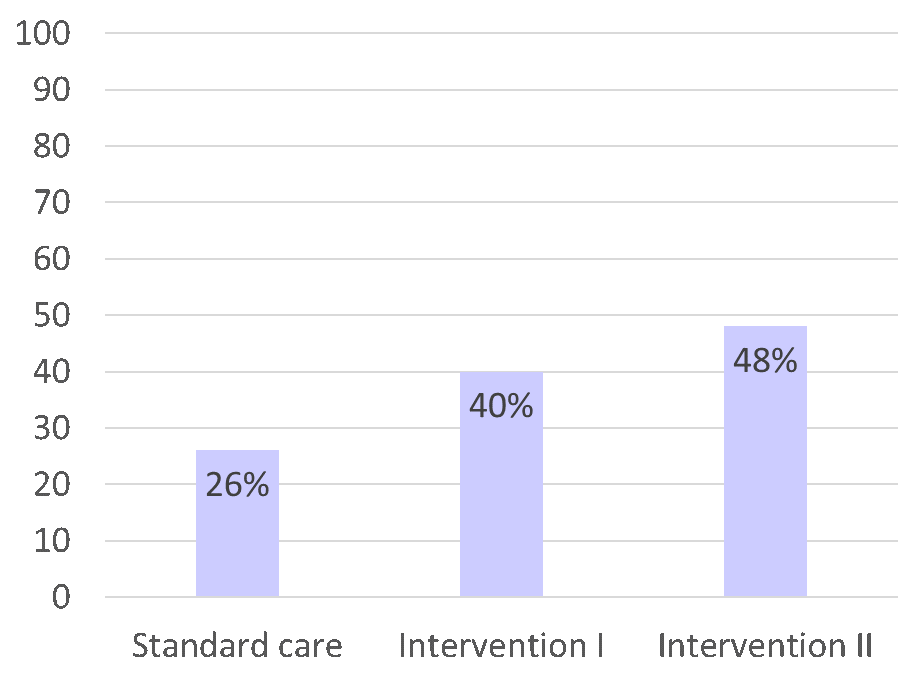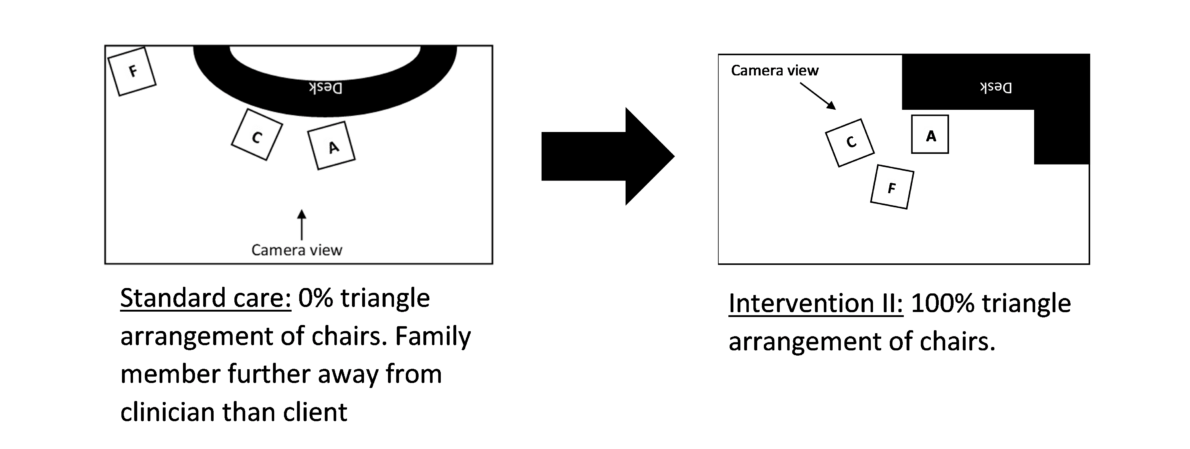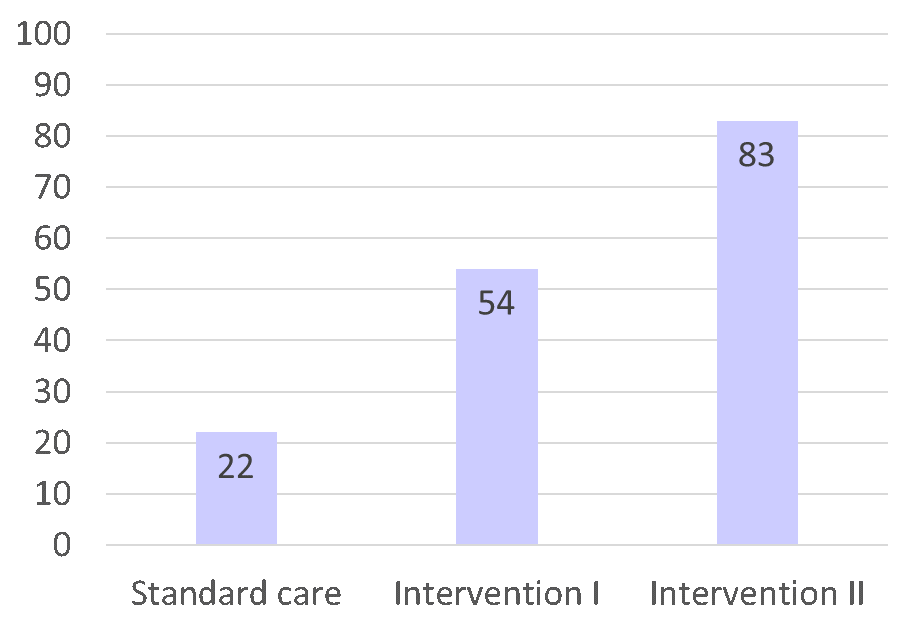
New study shows that when you include family, you can improve client satisfaction
Research from The University of Queensland, in collaboration with Sonova, has shown how implementing family-centered care in adult audiology appointments can lead to benefits in client satisfaction with services.
How can we encourage more family members to attend audiology appointments with adult clients? And when family do attend, does their presence have a positive impact on client outcomes?
These are the questions that our research team at The University of Queensland hoped to answer in our latest study.
Previous research has suggested the benefits of family-centred care (FCC) for adult audiology services however there has been little research examining the implementation of FCC into actual clinical practice. Our study designed an intervention to implement FCC into adult audiology appointments. The aims of the intervention were:
- To evaluate the changes in family attendance and family involvement in adult audiology appointments following a two-phase intervention.
- To evaluate whether changes to family attendance and involvement impacted client outcomes and client satisfaction with services.
What did the FCC intervention involve?
The intervention had a whole-of-clinic approach – targeting all staff in audiology clinics, including front-of-house staff, clinicians, and managers. There were two parts to the intervention:
Intervention I:
Staff were trained to ask a family member to attend the client’s appointment in all booking phone calls and reminder/confirmation texts.
Intervention II:
Staff were trained to: (1) set up the room to include a family member; and (2) set an agenda that included both the client and family member in the appointment.
What did we find after implementing the intervention?
Following the intervention, we found that:
- Family involvement increased – Attendance of family members in appointments increased from 26% to 48%.

- Rooms were set up to be more inclusive – Clinic rooms were 100% more likely to be set up in a ‘triangle arrangement’ of chairs, with the client and family member equal distance from the clinician. Diagrams of typical room set-up pre- and post-intervention are below (A = Audiologist, C = Client, F = Family member).

- Clinicians facilitated family input more – Clinicians did not typically set an explicit agenda inviting family member involvement, but they did ask family members more questions, inviting their involvement, during the appointments.
- Video analysis showed family involvement improved – Family member involvement showed improvement on some measures (video analysis) although talk time did not significantly increase.
- Client satisfaction improved – Significant improvements in client satisfaction with services were found (as measured with Measure of Processes of Care (MPOC-A) and Net Promoter Score (NPS)). In particular, the NPS, which asks clients how likely they are to recommend the participating clinic to a friend or colleague, increased from 22 pre-intervention to 83 post-intervention. A higher NPS score is indicative of higher satisfaction with services.

What do these findings mean for your practice?
Our study suggests that including family in appointments can lead to benefits in client satisfaction with services. It also showed that to successfully implement FCC in your clinic, it needs to be an ongoing, whole-of-clinic approach, including staff in all roles. Front-of-house staff have an important role in encouraging family members to attend appointments during all booking phone calls/texts.
More information about this study can be found in the following paper:
Ekberg, K., Timmer, B., Francis, A., & Hickson, L. (2022). Improving the implementation of family-centred care in adult audiology appointments: A feasibility intervention study. International Journal of Audiology, DOI: 10.1080/14992027.2022.2095536.
| To learn more about the benefits of FCC, we invite you to read a previous blog interview with Dr. Joseph Montano titled, “Want to improve your hearing care services,? Invite a loved one” and/or listen to his podcast titled, “Why family-cantered care is not a time waster”. |
